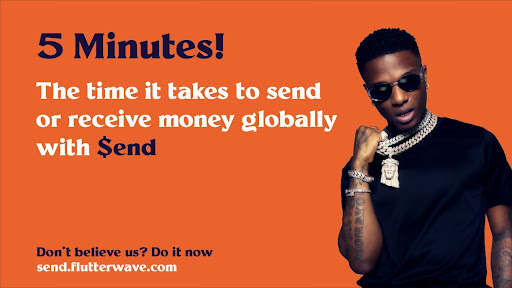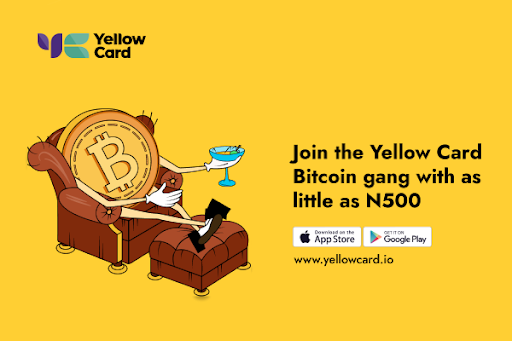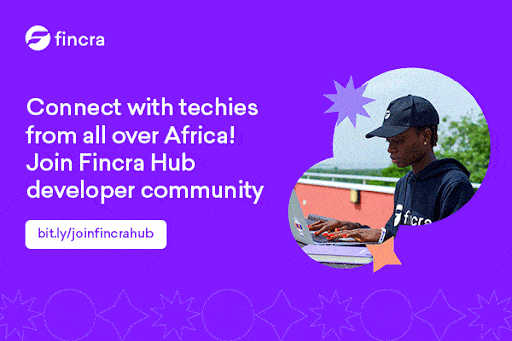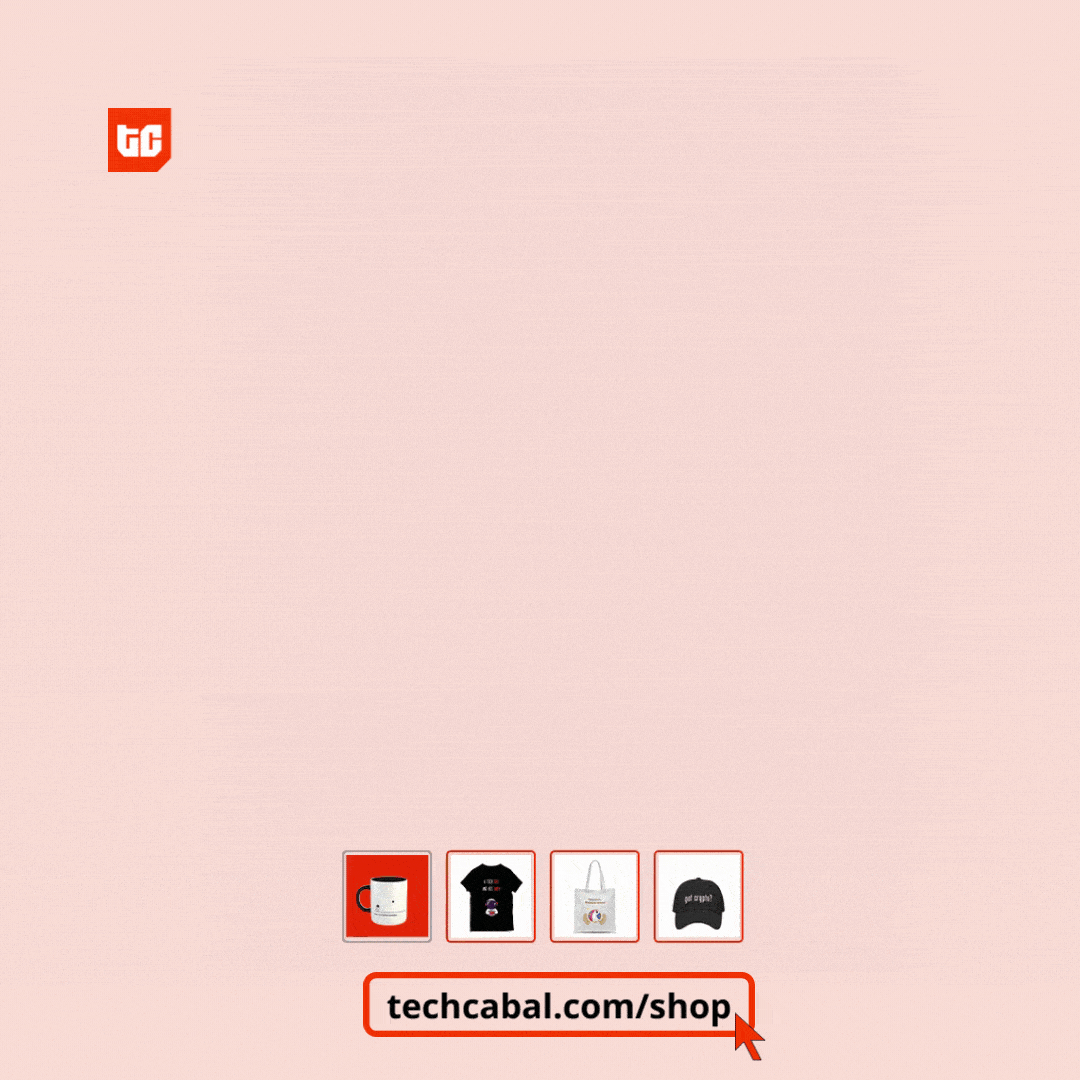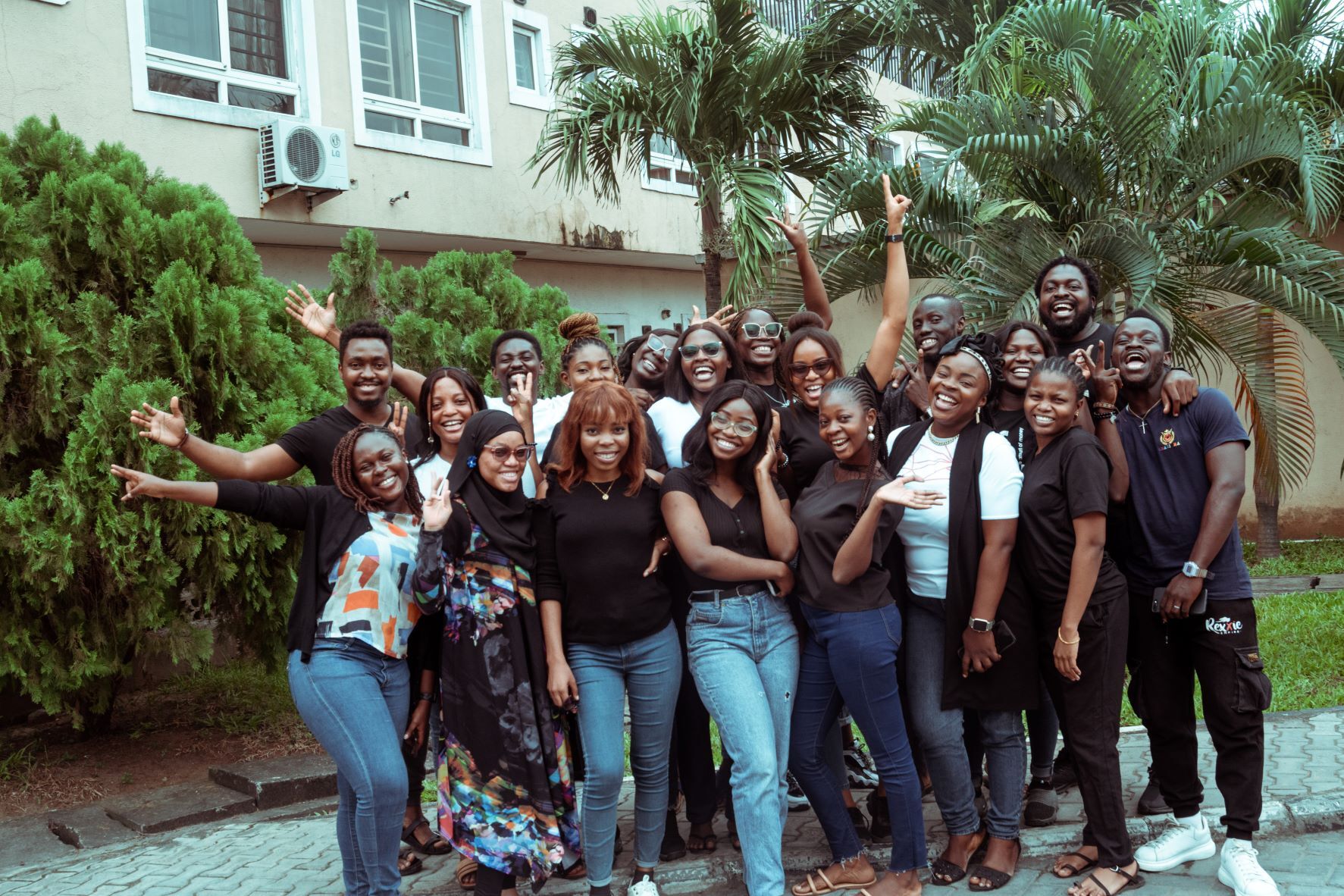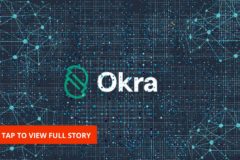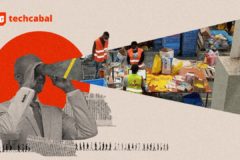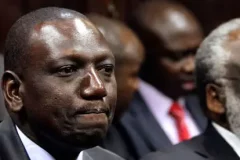
IN PARTNERSHIP WITH

Happy new month 🎊
And happy Workers’ Day in arrears.
To celebrate the holiday [and highlight who it’s for] we asked 6 employees from 6 different companies to share their thoughts on what great work culture looks like.
We asked each the same 5 questions and found some pretty interesting responses.
In today’s edition, they’ll share how they work and some of their best realities.
HOW WE WORK
1. In what ways can African employers recognise and appreciate their employees?
I think a great way to recognise and appreciate employees is through demonstrating trust-based, rather than transaction-based management styles. Structuring operations and processes that allow employees to derive a sense of ownership and responsibility for their ambition, help recognise their abilities. It also fosters personal and organisational growth. Of course, direct acknowledgement in open and closed forums is also warranted.
2. Is your salary your primary motivation? How important are other benefits to your decision to join or stay with a company?
If salary was my primary motivation, I’d be doing something else. When I “join” a company, I see it as me working with them, rather than for them. We have a partnership whereby I bring a much-needed perspective and skillset to the table for the company. In return, the company offers me personal growth opportunities. I prefer working with companies that embrace nimbleness, openness and trust.
3. What does a bad day at work look like? And what does a good day at work look like?
If I don’t feel like I’ve added value to someone else’s or my own projects, processes or relationships, then it’s a bad day. A good day is an exact opposite.
4. Are you happy at work? Why?
I’m happy. I’m lucky in that my work is a never-ending stream of stimulation. There’s always another challenge, target or opportunity on the horizon. Each of these is an opportunity to grow.
5. What’s the most thoughtful gesture a past or present employer has shown?
Trust through independence. Trusting me to do what’s required without supervision, regardless of the type of assignment, has always been an appreciated gesture.
1. African Employees can recognize and appreciate their employees by being more human than “politically correct” in situations that call for humanity and consideration. I believe it’s a 50-50 situation. Where workers put in their best, employers should give their best as well to ensure employees keep giving their best.
2. My salary is a good motivation to work but it’s not primary. I naturally enjoy designing, but the culture and the innovation behind the company I work for needs to be inspiring too. That and important benefits like health insurance, pension, remote work and team bonding activities contributed to my decision to work at Bitmama.
3. A bad day at work for me is most likely a day where I’m not designing or functioning at my best capacity, getting bad reviews and lacking energy. A good day at work looks like a day filled with lots of creativity, good ideas, good reviews, as well as good energy.
4. Yes, so far I am. I believe this is because I like what I do, the people I work with, what I earn and what I contribute to the team. All that challenges me to put in the work at becoming better.
5. The most thoughtful thing a past employer did was to organize a really nice send-forth for me. She didn’t really have to do so because it was during my industrial training (I.T) and I had worked there for about 5 months. I was celebrated and appreciated like I’d been there for 5 years! It felt really nice knowing I had done good work and was being appreciated for it.
Don’t just send money, send money fast. Send and receive money directly to mobile wallets, bank accounts, Barter or through cash pickup with $end.
Visit send.flutterwave.com and do it now!
This is partner content.
1. Pay them well, make the work environment comfortable, and allow them to take a day or two off when necessary.
2. Yes, salary is the primary motivation but other factors also matter like the company culture and quality of the product. I can work on a product I don’t like if the pay is good but I can’t work at a company with a poor culture no matter the pay.
3. A bad is a day where I am not productive and a good day is the reverse.
4. I am happy where I currently work. I love the company culture, the product and my coworkers. Very wonderful environment
5. I told him I was going to extend my vacation in December by 2 weeks, and he said I should and not worry about rushing back. I’d asked for 2 weeks initially but he extended it to 4 weeks.
1. I believe that African employers can recognise and appreciate their employees by just being more empathetic to their experiences and listening to them. They can do this by conducting organizational-wide surveys where they collect feedback from staff on how they can do things better as well as their pain points working at the company, essentially like conducting UX research but with their employees. They can also be intentional when it comes to creating and implementing HR policies that take the people into consideration.
2. Right now, my salary is my secondary motivation. My primary motivations are inclusion, diversity and a great culture. I had offers with higher pay than my current company, GetEquity, but the other companies did seemingly minor things during my interviewing process that were telltale of a culture that might negatively affect morale and innovation.
For instance, I suffer from an autoimmune disease, Graves’ disease, Osteoarthritis and Fibromyalgia, so I disclosed during the last stage of my interviews that healthcare plans were important to me. Regular HMO plans were listed by the HRMs except for GetEquity which reached out to me to know what services I particularly need. Most HMOs do not cover medications, monthly tests and hospital visits for my conditions so GE had to form a partnership with Famasi Africa to cater for my medication.
I know it’s a relatively small company and perhaps can afford to create a tailored healthcare plan for me, but companies should take this approach if they can. This way, they will cater better for staff with chronic illnesses and autoimmune diseases. We’re a minority, hiring and catering to us is what inclusion and diversity are about.
3. A bad day at work would be having to navigate office politics, toxic managers and taking a management-led approach to innovation as opposed to a Product-led approach.
A good day at work is when my input is valued, I have quite a lot of work to do and I can ship product increments the way Product Management should be done.
4. I’m happy at work because I can work remotely. I can also see that I’m building something with my team that’s impactful. Most especially, I’m happy because I feel valued by my employer and I get along well with my teammates. They’re a crazy bunch of brilliant people and I fit in perfectly. Also, the company aligns with my personal goals and values.
5. The most meaningful gesture that any employer has shown is what I stated before about tailoring my healthcare plan to my needs and actually taking it a step further to provide more value to me by saving me over ₦50,000 ($120) monthly on my monthly meds.
Join 313,166 cool Nigerians who buy bitcoin on Yellow Card.
Did you know that Yellow Card is the easiest way to buy and sell crypto in Nigeria?
You can get started with as little as ₦500 only.
Sign up now for free to join the cool gang. 😎
This is partner content.
1. Show them respect and gratitude. When I previously worked with a foreign company, the person I reported to always thanked me repeatedly even though I was being paid well for the job. It made my job feel important and encouraged me to do more. Employers should be humane; do not set unrealistic deadlines for tasks and allow employees to take days off when they need it. Finally, pay well. Company-wide shout-outs, perks and bonuses go a long way too.
2. I have never thought about whether salary was my primary motivation. Other benefits like health insurance are attractive, but they do not mean much to me. Perks like pension actually irritate me because I don’t understand why I am required to leave part of my money locked up until I am 50.
3. I always have a good day at work. The work culture at Float is very healthy and inspiring. Nobody is being rude to you or imposing unrealistic deadlines on you. Everyone is happily putting their best foot forward.
4. I’m happy. The people I work with are good people. My project manager and teammates are very humane and easy to work with.
5. Before Float, I worked on a crypto-related project. My employer gave each of the developers tokens worth around $300,000 (at the time) in addition to our pay. We were expected to hold as with all new crypto projects but I was amazed because it was a very large compensation. The value has tanked because he took a pause on the project for personal reasons, but I still appreciate the gesture.
One day, at Float, we found out that a component was not working on the app. It was kind of a big deal and we needed extra hands so the co-founder offered to help. After the debugging was done, the app crashed again. He then asked me what I thought went wrong and promised to reward the correct answer with ₦50,000 ($120). It was easy. I answered and he gave me the money later. It was encouraging.

Alexandria, Frontend Engineer at Float, Ghana
1. It’s the simple things like ensuring that workers are fine, asking questions about their health, or even taking an interest in their personal life. Maybe there could be regular one-on-ones to check up on their progress. It all boils down to empathy, and I think that’s what makes employees feel appreciated.
2. Everyone likes money. I like money, a lot. Salary is a major motivation but I value other benefits as well. If I had to choose between a well-paying company with a bad culture that’s also providing added benefits, and a healthy workplace culture with lower pay, I’d definitely go for the company with the lower pay because that’s what’s important to my professional growth. And that’s what I value. Doesn’t have to be the same for everyone though.
3. A bad day at work for me is when I feel stuck. It’s when I feel like I’m not making any progress. I don’t get to push features, fix bugs, or implement anything. A really bad day is when I feel motivated to push something but I’m running into blockers everywhere.
A good day at work is when I’m ticking stuff off my to-do list; when I’m motivated, happy and generally pushing a lot of stuff out.
4. I’m happy doing what I do because it’s making a difference in the world. I’m making an impact, no matter how small. I’m relatively happy with my present workplace because we have a great culture.
5. Typically, it’s that I get paid, lmao. On a more serious note, it’s my company paying for a professional course worth hundreds of dollars for me. It was a prestigious course taught by the top guys in the industry, and they bought individual courses for everyone so that was pretty thoughtful and nice.
Are you a developer, designer, product manager, or a tech professional building payment products?
Join Fincra Hub, a community of skilled techies where you can get resources to build reliable financial products, connect with techies from all over Africa, get firsthand information about job openings at Fincra and its partners, and get exclusive event invites and more.
This is partner content.
TC INSIGHTS: AFRICA’S DIGITAL IDENTITY AMBITIONS
An estimated 1 billion people globally lack official identification. Africa contributes half of that number with 500 million people in Africa having no form of legal identification. The lack of identity means they are unable to access critical services, economic opportunities, and exercise their rights.
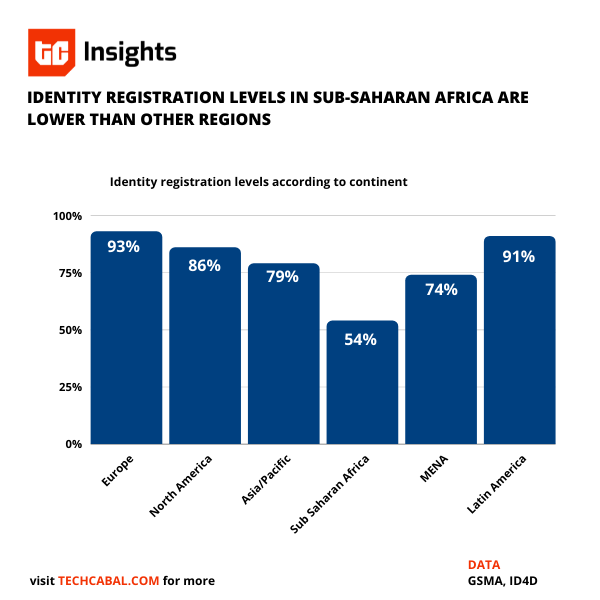
While many countries have adopted national identification (ID) systems to fill this gap, the expenses that come with building and managing them can be quite expensive due to the extensive use of analogue systems. With the increasing internet penetration rates across Africa, it is time for African countries to consider adopting digital identification. Their relative ease, low cost, and convenience compared to analogue systems mean digital identity is more likely to be effective in helping to solve the identity issue on the continent.
Currently, African companies that provide banking and financial services, mobile operators, and digital commerce platforms, use some form of digital identity to verify and authenticate the identities of their users when providing services. This helps in reducing theft and fraud, decreasing administrative and compliance costs associated with managing personal data. Yet, it is important to note that these digital identities are in silos. There is a need for interoperability to harness the benefits of digital identity.
According to Tunde Fafunwa, the Lead Advisor for the United Nations Economic Commission for Africa (UNECA’s) Digital Centre of Excellence, “the case for a digital ID in Africa is more significant now than ever before, cognizant of the economic ravages of the pandemic and how it has affected physical business and government transactions.”
The public sector can lean on this expertise from private organisations to provide ID systems and harmonise existing citizen data as in the case of SIM card registration. The benefits of doing this include increased revenue through reduced fraud and increased tax collection.
For example, in Uganda, verifying the identities of civil servants against the national ID database reportedly saved the government $6.9 million in less than a year by removing some 4,664 ghost workers from the public payroll.
For digital identification to become mainstream across Africa, there is a need for concerted efforts between both private and public sectors to create unique identification for citizens; and interoperability between diverse identification systems.
Africa’s digital economy is on an upward trajectory but a robust digital identity framework can increase its size.
You can download all our reports here and watch videos from our events. Send your custom research requests here.
What else we’re reading
- Venture funding is slowing down globally. Should African startups be worried?
- Tanzania’s fintech NALA partners with Cellulant for diaspora remittance.
- South Africa considering combining ID and driver’s licence smart cards.
- Telegram now lets users send cryptocurrency through TON blockchain spinoff.









